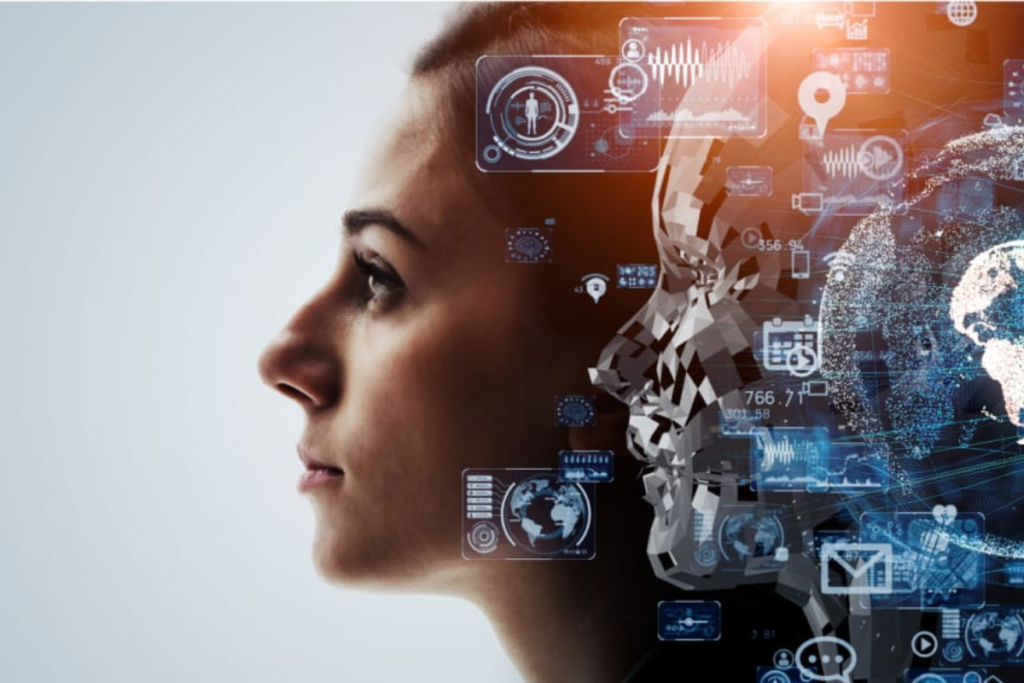
Modernizing industries depend heavily on emerging technologies. These technologies, like artificial intelligence (AI), are revolutionizing the manufacturing, energy, and transportation sectors. Enterprises are being transformed into a digital environment with emerging technologies. Every time the phrase “technology” is used, something new is always being developed or put into use that could benefit organizations. The role of AI in emerging technologies is crucial, and it will continue to shape the future of technology.
What is artificial intelligence?
Artificial intelligence is the activity of creating computer systems that can make intelligent decisions based on context rather than direct input. Understanding that AI systems always act following programmed rules is crucial. Consider a computer playing chess. While many people today would not consider this to be artificial intelligence (AI), it certainly satisfies the description of a system with rules that make decisions and estimates probability depending on the opponent’s movements.
What do you mean by emerging technologies?
The word “emerging technology” is typically used to describe a new technology, but it can also refer to the ongoing evolution of existing technology. It can have slightly different meanings when used in different contexts, such as in the media, business, science, or educational fields.
What are the most emerging technologies?
PwC examined more than 250 of them to determine which emerging technologies would have the biggest business impacts across industries. The technologies with the most potential were dubbed the Essential Eight. They consist of robotics, 3D printing, blockchain, drones, augmented reality (AR), artificial intelligence (AI), augmented reality (AR), virtual reality (VR), and the Internet of Things (IoT).
The pandemic is speeding the adoption of emerging technologies, and the Essential Eight are still evolving and leaving their imprint today. Some, like AI, are becoming essential to all business types. Others, like 3D printing, have focused on specific industries, including manufacturing. While doing so, we have been monitoring yet another significant change: the revolutionary ways these many technologies combine.
Is artificial intelligence an emerging technology?
In almost every sector, artificial intelligence influences how people will live in the future. It already serves as the primary driver of emerging technologies like big data, robotics, and the Internet of Things, and it will continue to do so for the foreseeable future. So, the answer is yes. Artificial intelligence is an emerging technology.
The role of artificial intelligence in the future of technology
AI will revolutionize how we work and live. It increases productivity by assisting us in several ways and saving a great deal of time when performing boring duties at home and work. The requirement for repetitive labor will also be eliminated thanks to advances and AI. By removing the risk of human error, autonomous cars will ease our burden of driving and probably lower the likelihood of car accidents.
In addition to decreasing repetitive work and increasing employee productivity, artificial intelligence has the potential to change many industries due to its ability to make quick decisions. We must take the necessary precautions to prevent ethical and safety issues as AI becomes increasingly ingrained in our daily lives.
Top emerging technologies in artificial intelligence
Many people’s perceptions of AI are distorted or constrained because of the long history of AI in popular culture and prominent instances in the consumer sector. Although intelligent chatbots and natural language interfaces are undoubtedly a part of the AI ecosystem, they are currently one of the least common ways for organizations to use new types of artificial intelligence.
Examples of artificial intelligence technologies
Machine learning: Machine learning gives computers the ability to interpret large data sets without having to be explicitly trained. Business decision-making is aided by machine learning techniques when data analytics are carried out utilizing statistical models and algorithms. Businesses invest extensively in this field to gain from machine learning’s use in various fields. Healthcare and the medical profession.










